Each year in my studio, I come up with a new whole studio challenge for all of my students to get involved in. This year I wanted a scavenger hunt type activity, where students had to complete different tasks in different categories, so I decided upon Pirate Island as the perfect setting.
Why do I do this?
1. Motivation
Let’s face it, for some children the pure joy of learning to play an instrument is not quite enough motivation for that weekly practice. Some children need more incentives than others — whether that might be the excitement of doing different activities each week, the lure of the prize box, or a little competition with their friends.
2. Creating different learning opportunities
We don’t all learn the same way, and children must be given multiple different opportunities to learn and to express their knowledge and understanding.
3. Fostering collaboration
Learning and practicing the piano can be an isolating activity. Most average primary school children don’t have the chance to play in a band or orchestra, and piano practice is something they do by themselves at home. There is a whole section of my challenge devoted to collaborative activities and it’s an ongoing theme in my studio to create a sense of community and a tribe of ‘piano friends’ to transform the typical experience of piano lessons.
4. A well-rounded curriculum
Each year I am always inventing or reading about new activities, but there never seems to be time to fit them all in, and some of them just get forgotten. It is important for me to make sure that all of my students have a well-rounded curriculum — and that certain areas don’t get left behind. The following challenge sheets serve as a checklist for me to know that each student is covering all areas, and getting a little dose of everything in their piano lessons.
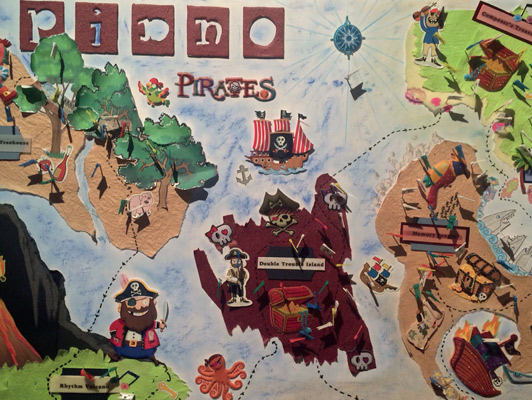
Now it’s time to explain how this actually works. I have a map of ‘Pirate Island’ up on the studio wall with the special areas listed below, and the students have challenge sheets with multiple tasks under each area. I have two sets of challenge tasks, the first to suit roughly Beginner — Grade 1/2 and the second Grade 2/3+ so I will list examples from both below. Some are the same on both sets, and others are only on one set, and these are just a selection of what I have on the challenge sheets. I am flexible with a few tasks that won’t quite work for a student and I definitely take age into account so all older beginners get the harder challenge which can then be modified.
[columns_row width=”half”]
[column]

[/column]
[column]

[/column]
[/columns_row]
Double Trouble Island
- Here we are all about collaboration! Task examples include:
- Play 3 duets
- Play a music game with a piano friend
- Learn to play Happy Birthday and play it for someone on their special day
- Teach a friend or sibling an easy song
- Play a pop song arrangement with a friend
- Play a piece with a friend who plays a different instrument
[columns_row width=”half”]
[column]
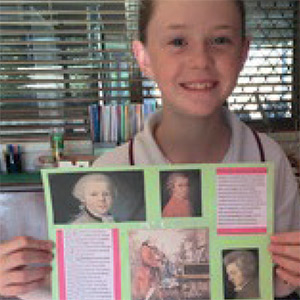
[/column]
[column]

[/column]
[/columns_row]
Composer’s Treasure
- Learn 3 pieces by Australian composers
- Learn pieces by composers from 5 different countries
- Research the composers of 3 of your pieces and tell me about them
- Choose a famous composer and make a poster about them
- Interview your family: who are their favourite composers and bands?
For the interview task, one of my 7 year olds came to her lesson last week with an iMovie created of her family interviews — including advertisements! She loves making movies so this was a great way for her to use that skill in relation to piano lessons.
[columns_row width=”half”]
[column]
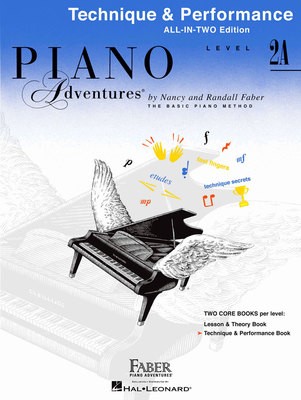
[/column]
[column]
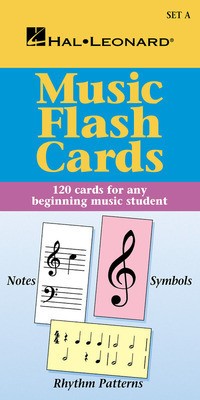
[/column]
[/columns_row]
Memory Jungle
- Get 20 flashcards correct
- Learn 5 Italian tempo words
- Learn 10 Italian mood words
- Memorise 3 short pieces
- Memorise 1 long piece
- Memorise all of your scales or 3 technique exercises
I use the Hal Leonard Student Piano Library flashcards, and Samantha Coates’ How to Blitz General Knowledge. I let the older students select their own 10 words to learn (we do mood and tempo) and they often do it in pairs in the overlap between lessons. We make posters of Italian terms on my annual piano camps and those are up in the studio for reference. The 3 technique exercises are chosen from the Piano Adventures Technique books that my pre-exam students use.

Performance Cove
- Transpose a piece into a new position
- Perform at a piano party
- Attend a live music concert
- Make a program and put on a concert for your friends/family
- Perform at your school
I hold piano parties for my students to get together and play games, and play piano for each other. It serves as a very informal performance opportunity, and allows the students to get to know each other and develop a group of ‘piano friends’. Concert and exam experiences are always more fun after that as they get to catch up with their friends and it’s much more social.
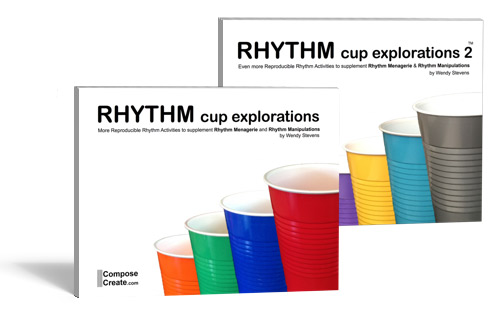
Rhythm Volcano
- Play the rhythm of your pieces using body percussion
- Complete Rhythm Cups level __ (depends on task set)
- Create your own rhythm cups pattern and write it down
- Turn a rhythm card into a hand clap rhythm with a friend
- Create a rhythm for your favourite poem
- Learn a piece where the time signature has a 5 or 7 in it
I absolutely love Wendy Stevens’ Rhythm Cups, available from www.composecreate.com. They provide such a fun way to read and practise rhythms and work really well for group lessons or camps too. Students love them!
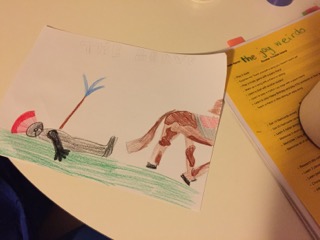
Imagination Treehouse
- Make up a story that goes with your piece
- Write words for a piece that doesn’t have any
- Draw a character and create a musical motif for them
- Make up a special introduction to one of your pieces
- Make up a special ending to one of your pieces
- Choose a book character and compose a short piece about them
- Compose a piece, give it a title, and record or perform it for me
I have had some wonderful responses to these! The younger students have been extending their pieces non-stop and a few have even performed their own compositions at our concerts. The ‘special’ introduction and ending tasks help to scaffold students who are overwhelmed with the idea of composition.
[columns_row width=”half”]
[column]
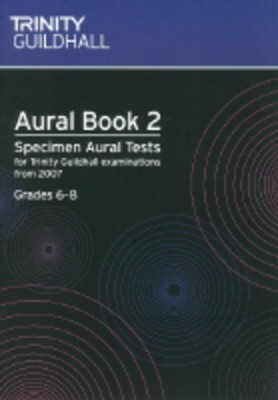
[/column]
[column]
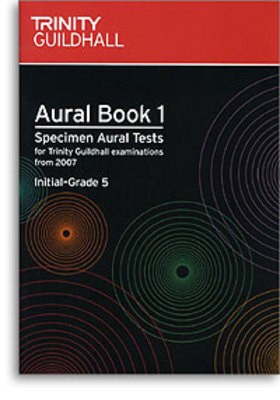
[/column]
[/columns_row]
Listening Lagoon
- Tell the difference between 3/4 and 4/4 time
- Clap back rhythms
- Identify changes to pitch in a piece
- Identify changes to rhythm in a piece
- Sing back a simple melody
- Describe the dynamics of a piece
- Listen to 3 different recordings of a piece and make notes
- Identify perfect and imperfect cadences
- Identify all perfect and major intervals
Listening Lagoon was my way of including more comprehensive aural skills in my lessons, as it’s something I’m guilty of neglecting with certain students. These are just a few examples of what the students have on their task sheets; they are mostly based on the Trinity aural test requirements with a few other things thrown in. If you only teach AMEB I recommend getting a copy of the Trinity Aural Skills books to try out as I personally think they are much more musically sensible. You don’t have to be doing the exams to find the books useful!
To celebrate the completion of each section students are allowed to choose from the prize box, and sign their pirate name up on that section of the map for all students to see. Some students are exceptionally motivated to be the first to complete and sign a new section! If anyone completes all seven sections they will receive a trophy and special recognition at our end of year concert. It will be quite a big feat to do so; I am interested to see who manages it!
